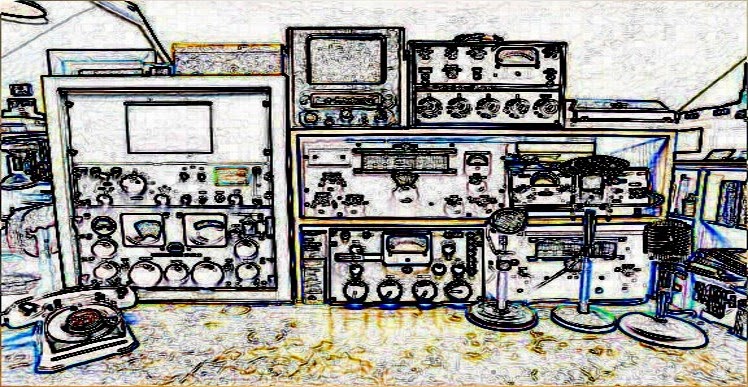Wednesday 8 January, ARISS contact planned with school in Ostrow Wielkopolski, Poland
An
International Space Station school contact has been planned Wednesday 8
January with participants at Zespoł Szkoł Technicznych, Ostrow
Wielkopolski, Poland. The event is scheduled to begin at
approximately10:44 UTC, which is 11:44 CEWT.
The contact will be a direct between OR4ISS and SP3POW. The contact is expected to be conducted in English.
The contact will probably be broadcast on the livestream video server at http://ariss.pzk.org.pl/live
School Information:
The
Centre of Technical Schools in Ostrow Wielkopolski is a school which
educates future electronics and mechatronics engineers, computer
scientists and renewable energy specialists.
Our school has been
cooperating with Polish universities, electronic and mechatronic
industrial plants and schools in Germany and the UK, what brings very
good results. Thanks to the participation in the ARISS program our
school has partnered with the Space Research Centre of the Polish
Academy of Sciences in Warsaw.
Our students participate in
various forms of extra-curricular activities which develop their
passions and interests. As a result, they have created many interesting
electronic and mechatronic devices. For example, some of the recent
constructions include fpv plane, a quadrocopter, a stratospheric balloon
capsule, some amateur radio equipment and many more.
Currently, the school has 800 students aged 16 - 19 years.
The
Center of Technical Schools has invited its younger mates (students 13 -
15 years old) from Junior High School No. 1 named of Polish Nobel
laureates in Ostrow Wielkopolski and 10 - 12 year-old students from Pope
John Paul II Primary School in Lamki so that they all can participate
in the ARISS program.
Preparations for the ARISS contact began in
late 2011. A series of amateur radio classes were carried out so that
students could learn the rules of work on the radio. It was a very
interesting experience to carry out radio communications through amateur
radio satellites and to take photos from NOAA satellites. In addition,
we monitored other radio signals from space. Most emotions were from the
radio contact with the ISS in the APRS system and from listening to
ARISS contacts of other schools in Poland and Europe.
The schools
participating in the ARISS program organized a series of events to
promote various fields of science, particularly those that are the most
relevant for the development of astronautics.
Participants will ask as many of the following questions as time allows:
1. Kasia (14): What scientific experiments are carried out on the space station at present?
2. Michal (12): How does the magnetic needle work in space?
3. Julia (12): How do you handle different illnesses?
4. Piotr (15): How would a pendulum clock work on board of the ISS?
5. Magda (13): Was there anything that surprised or impressed you during your stay in space?
6. Oskar (15): What was the largest mammal (except for humans) which was on the ISS?
7. Patrycja (13): How do flying insects behave in zero gravity?
8. Blazej (16): Do you know how many centimeters your body lengthened in weightlessness?
9. Szymon (14): Is it easy to use a pen or a fountain pen on the space station?
10.Oliwia (16): Do you think that time in space passes faster?
11. Damian (18): How do you observe and explore the Moon?
12. Jakub (15): What or how did you feel when you saw the Earth from space for the first time?
13. Tomasz (15): Does Kirobo work well and fulfill its mission on the ISS?
14. Jakub (16): Is it hard to get used to weightlessness?
15. Arek (19): Is it possible to be able to breed crystals in weightlessness?
ARISS
is an international educational outreach program partnering the
participating space agencies, NASA, Russian Space Agency, ESA, CNES,
JAXA, and CSA, with the AMSAT and IARU organizations from participating
countries.
ARISS offers an opportunity for students to experience
the excitement of Amateur Radio by talking directly with crewmembers
onboard the International Space Station. Teachers, parents and
communities see, first hand, how Amateur Radio and crewmembers on ISS
can energize youngsters' interest in science, technology and learning.
73,
Gaston Bertels, ON4WF
ARISS-Europe chairman
f6agv (AT) free.fr
